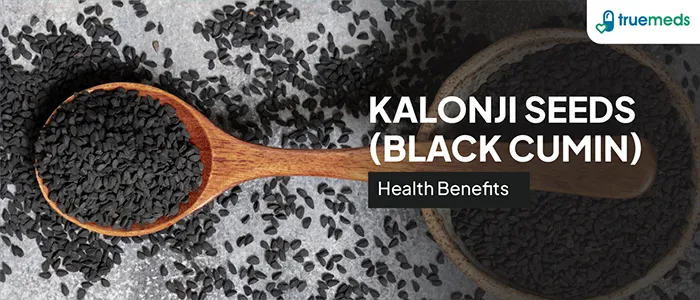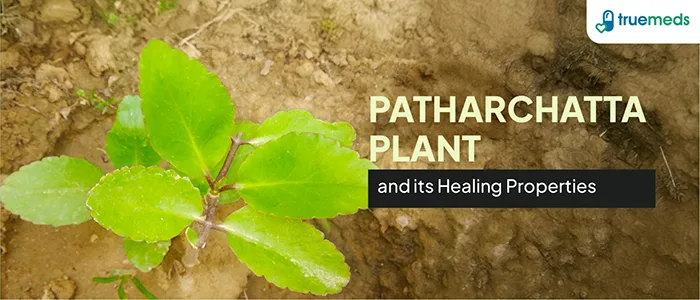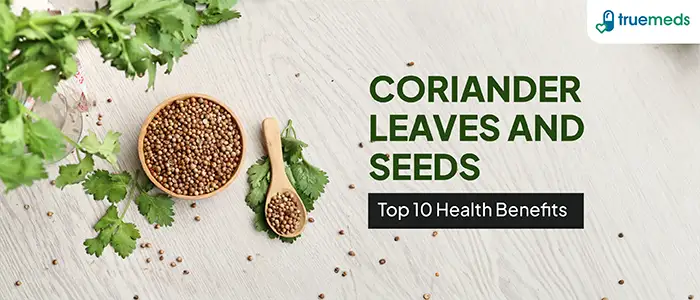Category: Ayurveda
-

Banyan (Bargad): Uses, Benefits, Dosage & Side Effects
The banyan tree (Ficus benghalensis) is an evergreen tree from the Moraceae family. Known as bargad in Hindi and Urdu, bahupada or vat in Sanskrit, and banyan in English, it has a long history in India and is the national tree of the country. Different parts of the tree—such as its fruits, leaves, roots, and…
-

Sadabahar: Traditional Uses, Potential Properties, and Safety
Sadabahar (Catharanthus roseus), widely known for its vibrant flowers and resilience as an ornamental plant, has been a component of traditional Indian folk practices for centuries. It is often called Periwinkle or Vinca rosea. While beautiful, this plant contains various compounds, including specific alkaloids, that have prompted considerable research into its potential pharmacological properties [1],…
-

Bhringraj Oil: Traditional Uses and Evidence-Based Support for Hair and Wellness
Derived from the herb Eclipta alba (often called False Daisy), Bhringraj oil holds a significant place in traditional Ayurvedic medicine, where it is often revered as ‘Keshraj’ (king of hair) [1]. This traditional herbal oil is commonly sought after for its perceived benefits in promoting hair growth, maintaining natural hair colour, and supporting overall scalp…
-

8 Potential Health Benefits of Butterfly Pea Flower You Should Know
The butterfly pea flower (Clitoria ternatea) is a striking plant from the bean family, native to tropical regions like Southeast Asia. Known for its deep blue petals, it has been used in Ayurvedic tradition for centuries, often associated with promoting memory (medhya), relieving stress (rasayana), and supporting overall well-being [1]. What makes this flower truly…
-

Exploring the Benefits of Alum Stone (Fitkari) for Skin and Hair
Alum stone, commonly known in Ayurveda as Sphatika or by its common name Fitkari, is a natural mineral compound (Potassium Aluminium Sulphate, KAl(SO₄)₂·12H₂O) that has been a staple in Indian households for centuries [2]. From purifying water to soothing skin after shaving, this natural mineral is valued for its powerful astringent, antiseptic, and antibacterial properties…
-

12 Health Benefits of Drinking Jeera Water You Should Know
Consuming a nourishing beverage on an empty stomach can boost your metabolism, support weight management, rehydrate your body after a night’s rest, and prepare your digestive system for the day ahead. From aiding nutrient absorption to supporting natural cleansing processes, drinks like warm lemon water, coconut water, green tea, and traditional Indian concoctions like jeera…
-

Kalonji Seeds (Black Cumin): Uses, Benefits, and Side Effects
Kalonji seeds, also known as black cumin or black seed, are derived from the Nigella sativa plant. These tiny black seeds have a long history in traditional medicine, including Ayurveda, and are a popular ingredient in many cuisines across the globe. They are recognized for their rich composition of phytochemicals, particularly thymoquinone, and their potential…
-

Patharchatta Plant: Uses, Health Benefits, and Side Effects
Patharchatta (Bryophyllum pinnatum), a succulent herb widely revered in traditional medicine systems such as Ayurveda (where it is known as Pashanbheda or Ashmarihara) and folk practices across Asia, Africa, and Latin America, is known for its impressive therapeutic potential. Rich in bioactive compounds like flavonoids, tannins, and bufadienolides, this resilient plant has been traditionally used…
-

Nutmeg (Jaiphal): Culinary Spice and Traditional Uses
Nutmeg, or as we fondly call it in India, ‘Jaiphal’, is a delicious spice known for its warm, sweet flavour. A staple in traditional Indian and global cuisines, nutmeg powder enhances both sweet and savoury dishes with its distinctive aromatic profile. From baked goods like cakes and cookies to rich curries and soothing beverages like…
-

Top 10 Benefits of Coriander Seeds & Leaves You Should Know
Coriander leaves, commonly known as cilantro, are a highly versatile herb used in various cuisines worldwide. In addition to adding a unique flavour to food, the leaves, seeds, and stems of the coriander plant (Coriandrum sativum) are highly valued in traditional medicine, including Ayurveda, for their health benefits [7]. They are rich in essential vitamins,…